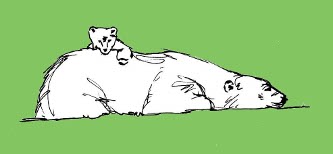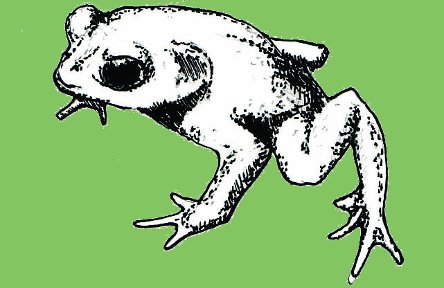|
Sidebars
|
|
Environmental Snippets The Butterfly Effect Interconnectedness is an essential facet of life. This is a reality that is increasingly apparent in a world of globalization and climate change, where we must grapple with our perceptions of our place in the world as a species and our relationship to other life forms. Conventional knowledge is, for the most part, human-centric, but with anonviolent worldview we can expand our knowledge to include our connection with the earth. For then we will see the humanity in all the intricate and interconnected parts of this earth. On the following pages we present you with an opportunity to contemplate your connection to a variety of different species. "The idea of 'the butterfly effect' comes from the science of chaos theory. It suggests that everything is connected, to the extent that the beating of a butterfly's wings in one part of the world may ultimately contribute to a tornado happening in another part of the world. It strikes most of us as a fanciful notion - but it is more true than we realise, particularly when it comes to the environment." -- Worldvision Australia
More Serious Than Dry Pancakes?
Stealing Beauty Cyclamen, a common houseplant, faces a life indoors if climate change persists. Researchers predict that "the ideal climate for Cyclamen will become increasingly rare and might have totally disappeared by the 2050's. Some species of Cyclamen are adaptable enough and could survive climate change, but many would probably disappear." - Science Daily
Einstein's Words of Wisdom “A human being is a part of the whole called by us universe, a part limited in time and space. He experiences himself, his thoughts and feeling as something separated from the rest, a kind of optical delusion of his consciousness. This delusion is a kind of prison for us, restricting us to our personal desires and to affection for a few persons nearest to us. Our task must be to free ourselves from this prison by widening our circle of compassion to embrace all living creatures and the whole of nature in its beauty.”
The Canary in the Mineshaft "Rising temperatures are responsible for pushing dozens of frog species over the brink of extinction in the past three decades, according to findings being reported..." The fate of amphibians - whose permeable skin makes them sensitive to environmental changes - is seen by scientists as a possible harbinger of global warming's effects. "Disease is the bullet killing frogs, but climate change is pulling the trigger," J. Alan Pounds, scientist at the Tropical Science Center in Costa Rica, said. "Global warming is wreaking havoc on amphibians and will cause staggering losses of biodiversity if we don't do something first." - The Washinton Post
|

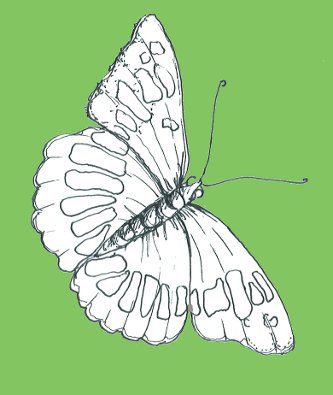
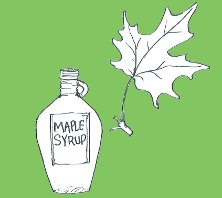
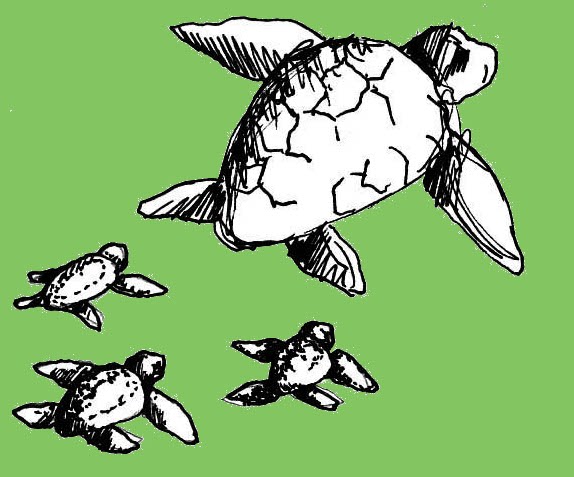 "The sex of turtle hatchlings is determined
by the temperature of eggs during incubation. Warmer nest
temperatures produce females, and cooler nests result
in males. According to Lucy Hawkes of the Marine Turtle
Research Group at the University of Exeter (UK), these
ratios could soon change. "With just two degrees
Celsius of warming, there would be no more males produced
at Cape Canaveral, Florida," states Hawkes. It's
widely accepted that three degrees Celsius will occur
in the next 100 years, which could be disastrous for Florida
loggerheads" - International Sea Turtle Society
"The sex of turtle hatchlings is determined
by the temperature of eggs during incubation. Warmer nest
temperatures produce females, and cooler nests result
in males. According to Lucy Hawkes of the Marine Turtle
Research Group at the University of Exeter (UK), these
ratios could soon change. "With just two degrees
Celsius of warming, there would be no more males produced
at Cape Canaveral, Florida," states Hawkes. It's
widely accepted that three degrees Celsius will occur
in the next 100 years, which could be disastrous for Florida
loggerheads" - International Sea Turtle Society
